Wars that went down in history as regrettable
Warfare, though often seen as a high-stakes endeavor, sometimes devolves into absurdity. History is sprinkled with conflicts that, at a glance, seem trivial or bizarre. These wars remind us of the unpredictable nature of human disputes. While the stakes might seem low, the consequences were real and, at times, devastating. Let’s dive into some of the world’s strangest conflicts, where misunderstandings, animals, and even pastries played pivotal roles.
The War of Jenkins’ Ear: A Conflict Over a Severed Appendage

The War of Jenkins’ Ear, which began in 1739, sounds like something out of a satire but was a genuine conflict between Britain and Spain. The war’s name derives from an incident in which a Spanish coast guard allegedly severed the ear of British captain Robert Jenkins. Jenkins presented his ear to the British Parliament, sparking outrage and leading to war. Though the ear incident was just one of many grievances, it became the peculiar symbol of the hostilities.
The Fourth Anglo-Dutch War: Misunderstandings and Mismanagement
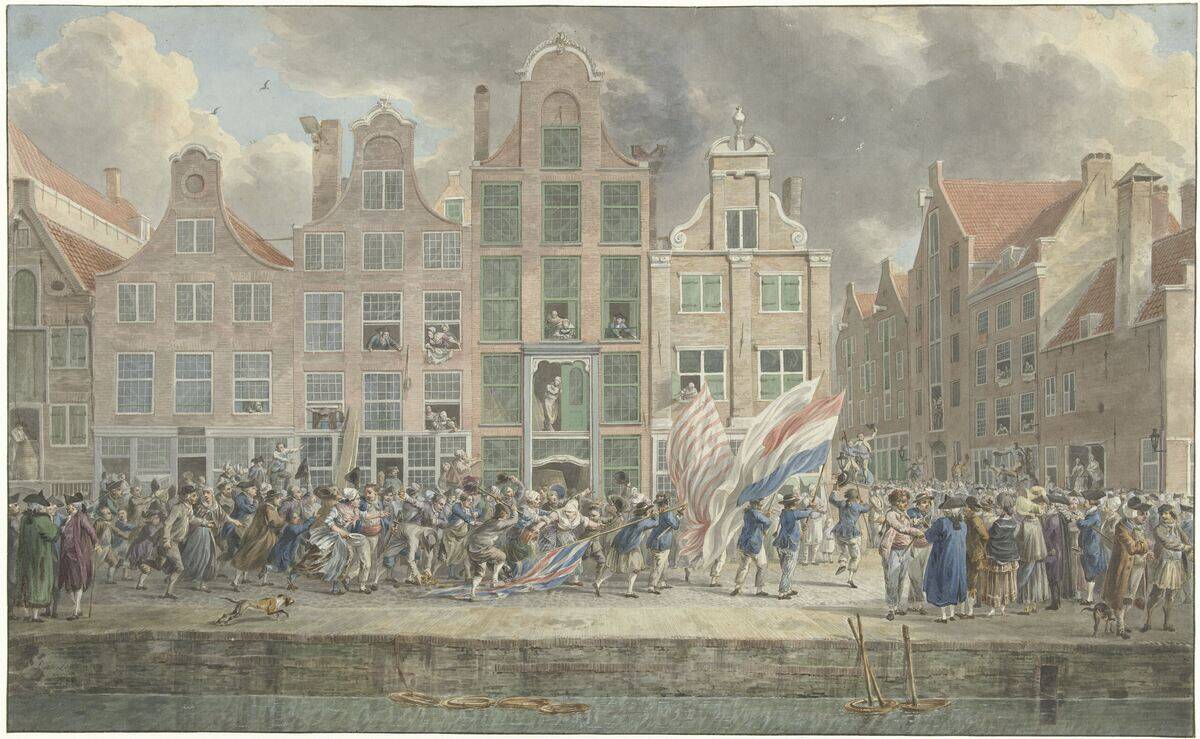
This war, lasting from 1780 to 1784, was a result of diplomatic missteps and misunderstandings between the British and the Dutch. The conflict arose from Dutch trade with America’s rebellious colonies, which Britain saw as an affront. Poor communication and strategic blunders on both sides exacerbated tensions. The war ended with the Treaty of Paris in 1784, but not before it had significantly weakened the Dutch economy and military.
The Pig War: When Swine Nearly Caused a Showdown

In 1859, the Pig War nearly brought the United States and Britain to blows over a pig. The incident occurred on the San Juan Islands, where an American farmer shot a British-owned pig rooting in his garden. This led to a military standoff, with both nations amassing troops on the islands. Diplomacy prevailed, and the situation was humorously resolved without bloodshed. The pig, however, became an odd symbol of international tensions.
The War of the Oaken Bucket: A Battle Over a Wooden Pail

In the 14th century, a conflict erupted between the city-states of Modena and Bologna in Italy, famously known as the War of the Oaken Bucket. The war’s trigger was the theft of a bucket from Bologna by Modenese soldiers. Despite the seemingly trivial cause, the war saw several battles, with Modena emerging victorious. The bucket remains a trophy in Modena, symbolizing the peculiar start to this medieval skirmish.
The Emu War: When Australia Battled Birds

Australia’s Emu War in 1932 was not a traditional war but a military operation against emus. Farmers in Western Australia faced immense crop damage due to emu migrations. The government deployed soldiers with machine guns, but the emus, displaying surprising resilience and speed, evaded capture. The operation was deemed a failure, highlighting the challenges of confronting nature with military might. The emus, meanwhile, thrived unperturbed.
The Football War: Soccer Sparks a Short-Lived Conflict

The Football War, fought between El Salvador and Honduras in 1969, was ignited by tensions during a World Cup qualifier. While the matches intensified existing political strife, the reasons for conflict were deeply rooted in issues like land reform and immigration. The war lasted only 100 hours, resulting in thousands of casualties. Despite its brief duration, it underscored how sports can sometimes escalate into full-blown conflict.
The Pastry War: A French Pastry Chef’s Revenge
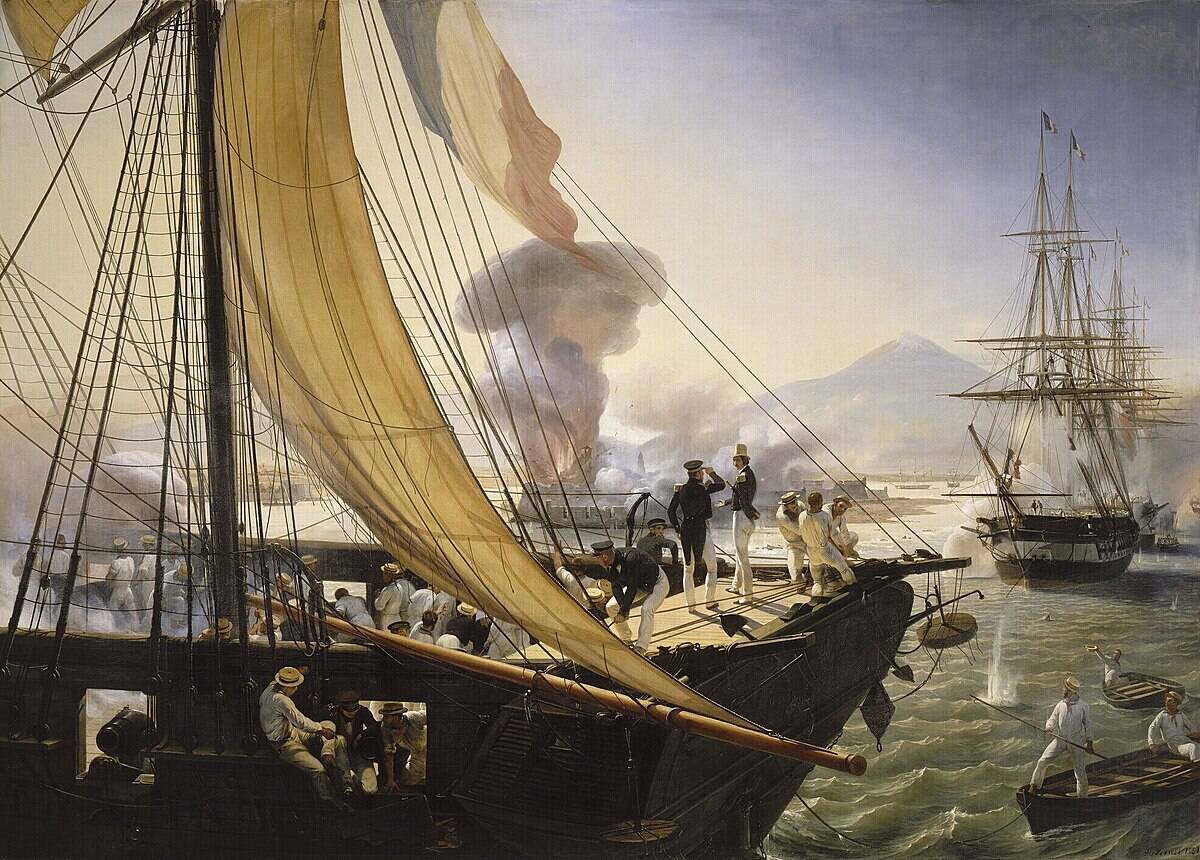
The Pastry War of 1838 was sparked by a French pastry chef in Mexico. When his shop was looted by Mexican officers, he sought compensation from the French government. France demanded reparations from Mexico, which were refused, leading to a naval blockade and conflict. This bizarre war highlighted how small grievances could have international repercussions. The conflict ended with Mexico agreeing to pay compensation, and the pastry chef’s plight was resolved.
The War of the Stray Dog: A Canine Incident Escalates

In 1925, the War of the Stray Dog erupted between Greece and Bulgaria. The incident began when a Greek soldier chased his runaway dog across the border into Bulgaria and was shot. The resulting skirmish saw Greece invade Bulgaria, prompting international intervention. The League of Nations stepped in, demanding a ceasefire and compensation. The conflict was swiftly resolved, but it remains a curious example of how a dog’s misadventure led to military action.
The Cod Wars: Fish, Diplomacy, and Naval Standoffs
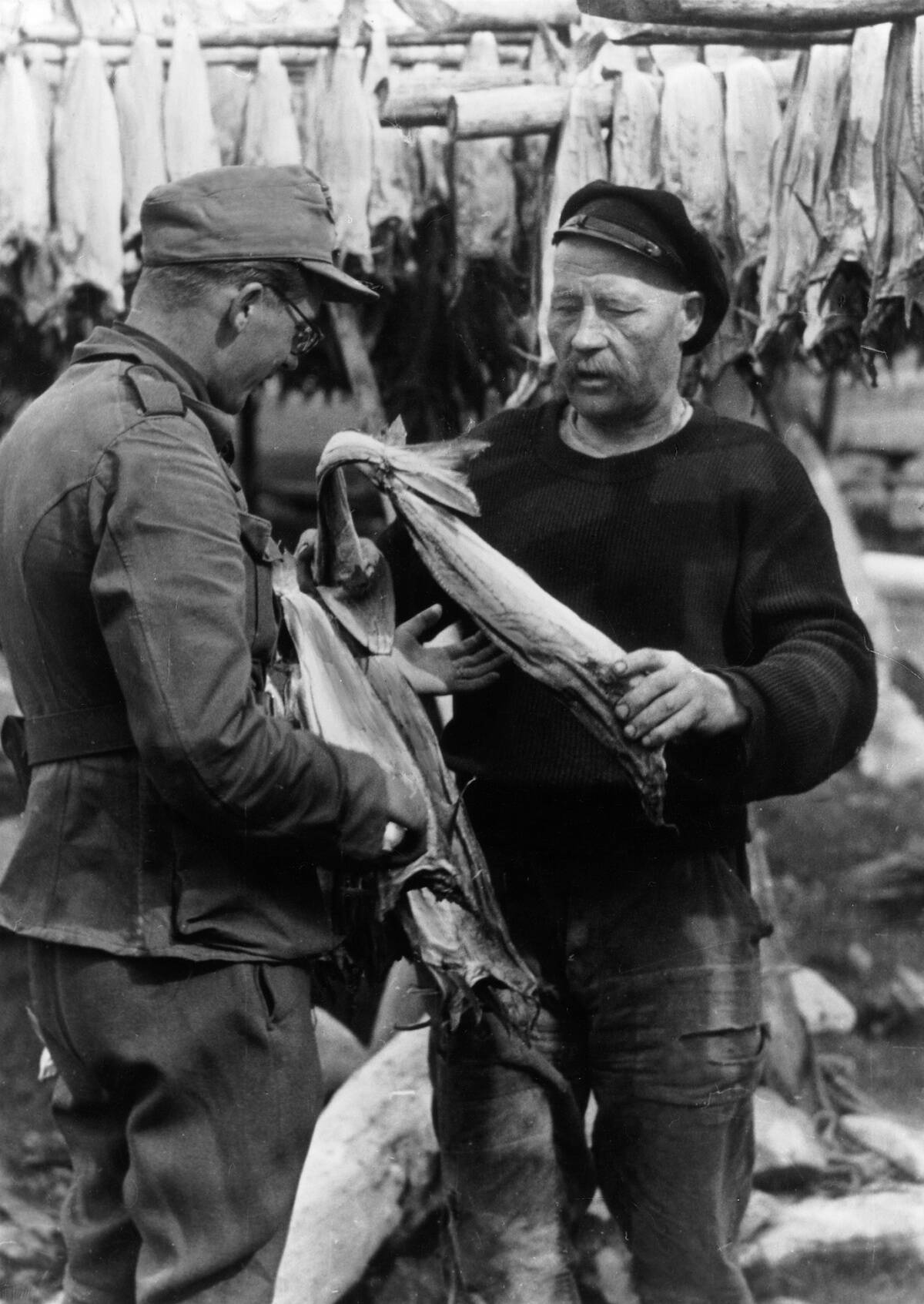
The Cod Wars, spanning from the 1950s to the 1970s, were a series of confrontations between the United Kingdom and Iceland over fishing rights in the North Atlantic. As Iceland extended its fishing limits, British trawlers and Icelandic coastguards clashed at sea. The disputes were marked by tactical maneuvers and diplomatic negotiations, eventually leading to Iceland’s victory. These wars were pivotal in reshaping international maritime boundaries.
The Moldovan-Transnistrian Conflict: A Frozen War
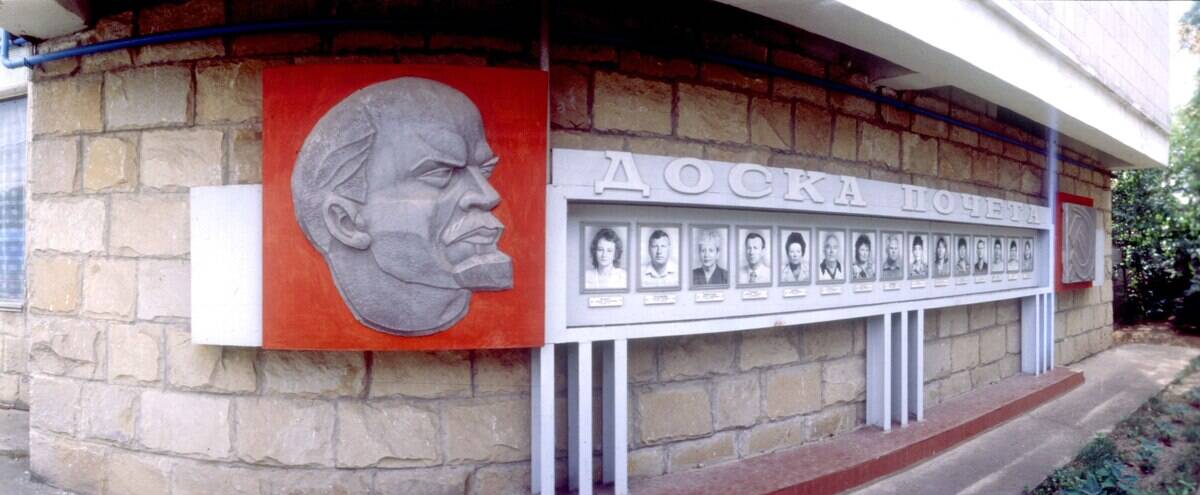
The Moldovan-Transnistrian conflict is a post-Soviet territorial dispute that began in 1990. Transnistria, a narrow strip of land along the Dniester River, declared independence from Moldova, leading to a brief war in 1992. Despite a ceasefire, the conflict remains unresolved, with Transnistria operating as a de facto independent state. This “frozen conflict” exemplifies the complexities of post-Soviet geopolitics and the challenges of achieving lasting peace.
The Falklands War: Remote Islands and International Tensions
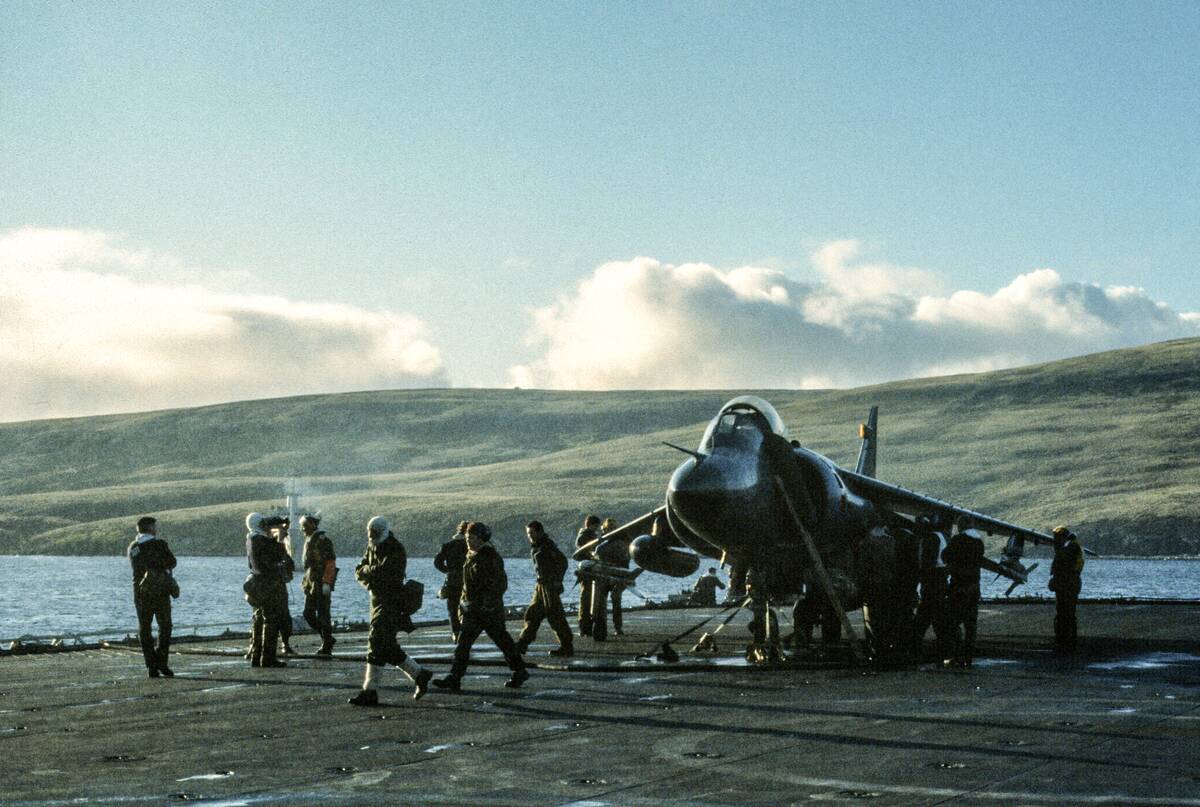
The Falklands War in 1982 was a ten-week conflict between Argentina and the United Kingdom over the disputed Falkland Islands. The islands, located in the South Atlantic, were claimed by both nations. Argentina’s invasion prompted a British military response, leading to intense naval and air battles. The war ended with a British victory, reaffirming their control over the islands. This conflict remains a sensitive issue in UK-Argentina relations.
The War of the Bavarian Succession: A Struggle for Prestige
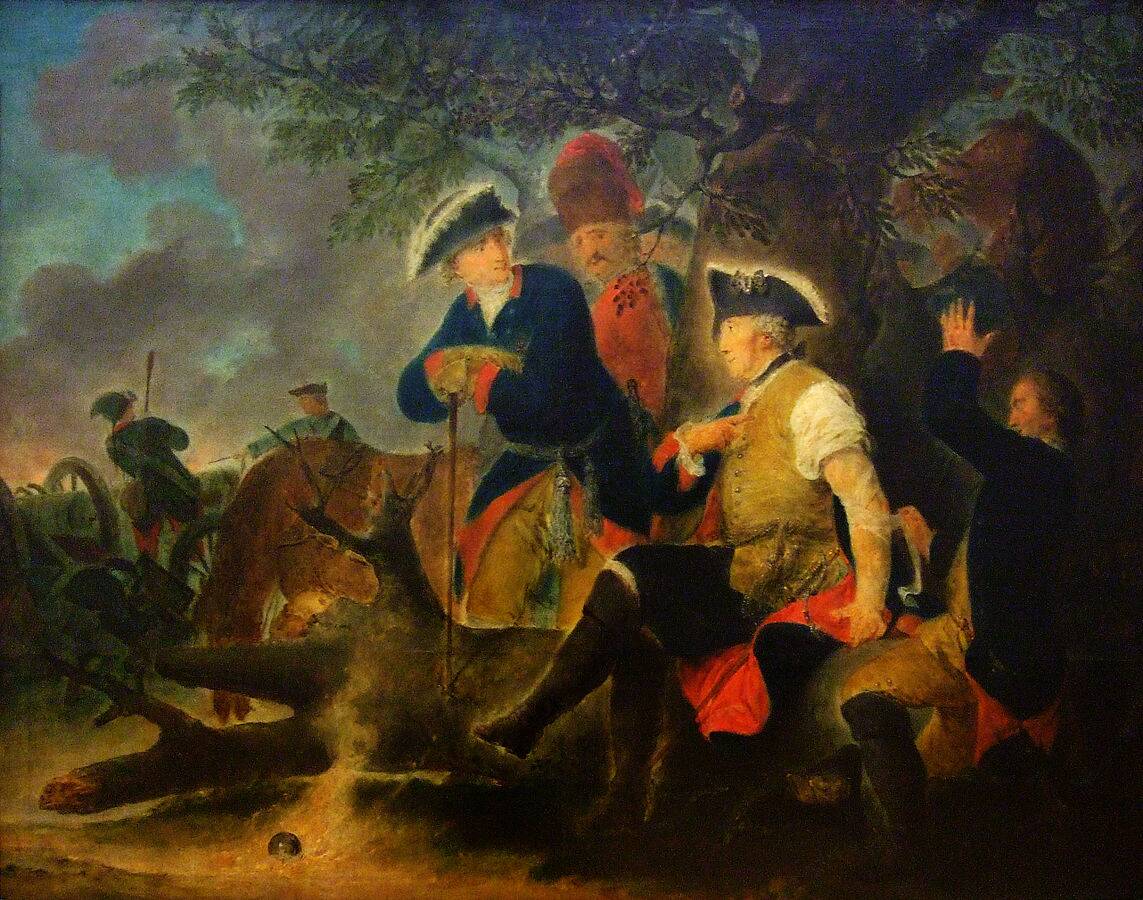
The War of the Bavarian Succession, fought from 1778 to 1779, was primarily a diplomatic standoff rather than a full-scale war. The conflict arose after the death of the last Bavarian elector, leading to a dispute between Austria and Prussia over territorial claims. Despite its grand title, the war saw minimal bloodshed and was resolved through negotiation. Known as the “Potato War,” it underscored the era’s shifting alliances and the pursuit of prestige over territory.
The Kettle War: A Single Shot and a Surrender
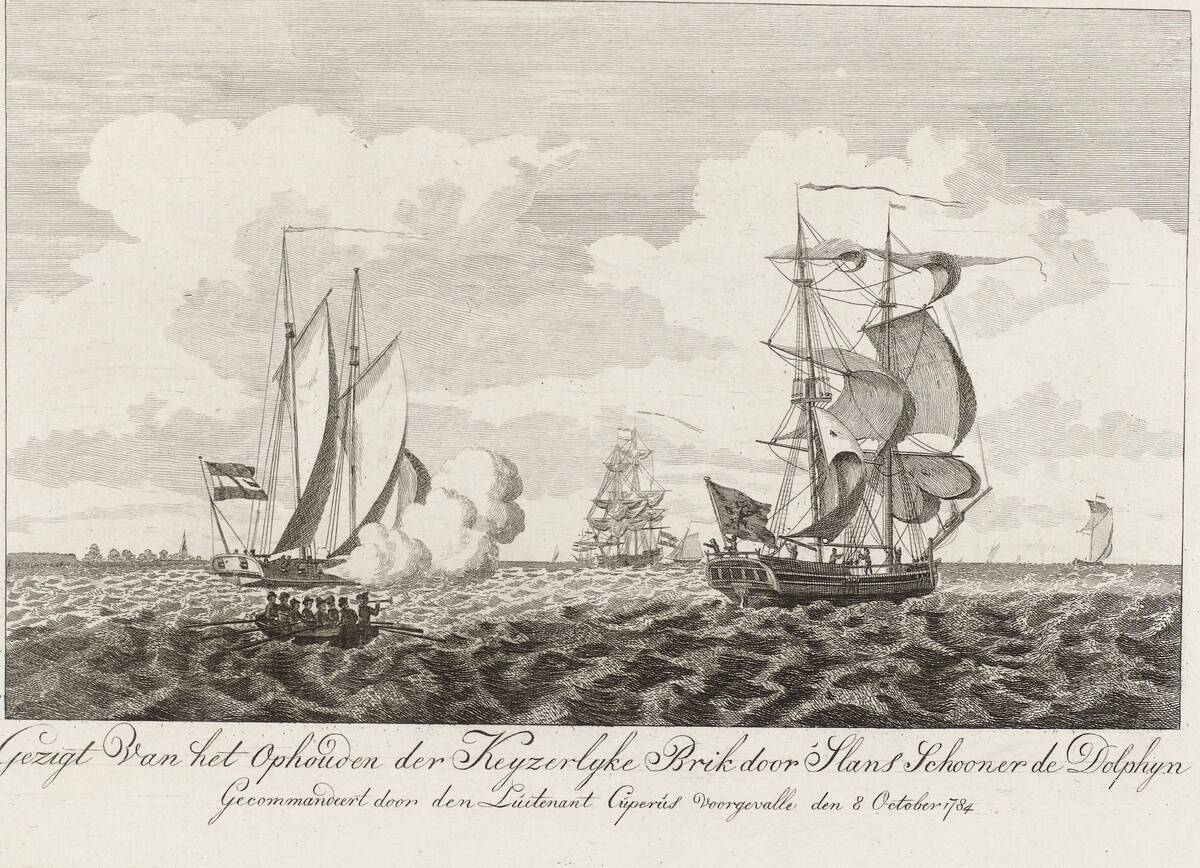
The Kettle War of 1784 was a minor conflict between the Holy Roman Empire and the Netherlands. It was triggered when the Dutch Republic refused to pay a toll on the River Scheldt. The war’s name stems from the only shot fired, which hit a soup kettle on a Dutch ship. The conflict ended peacefully with Dutch victory and the reaffirmation of navigation rights. This war is a testament to how diplomacy often triumphs over military might in resolving disputes.
The War of the Golden Stool: A Clash of Cultures and Thrones
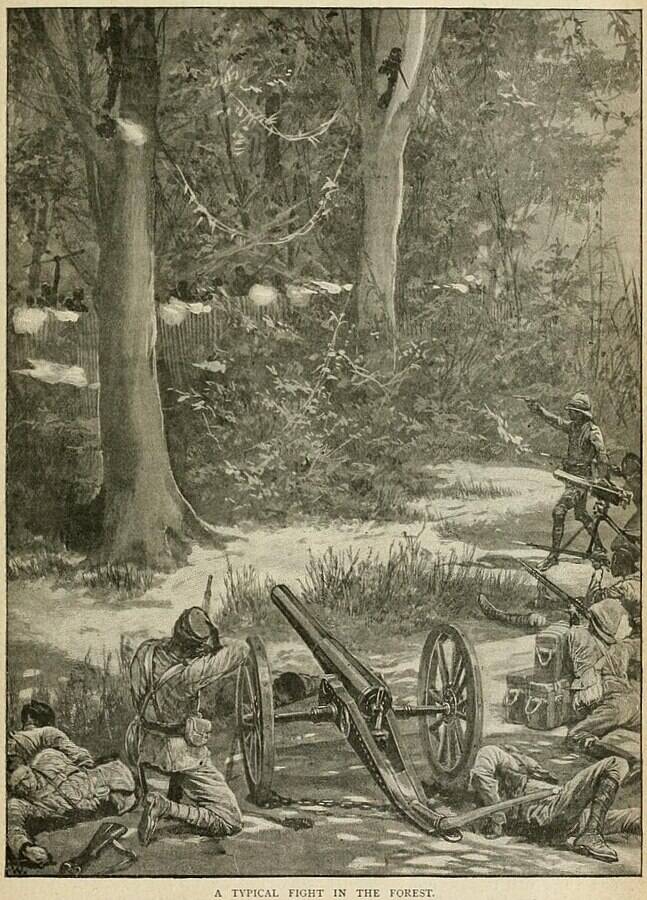
The War of the Golden Stool, fought in 1900, was a resistance effort by the Ashanti people against British colonial authority in present-day Ghana. The conflict was sparked by British demands to sit on the sacred Golden Stool, a symbol of Ashanti sovereignty. The Ashanti fiercely defended their cultural heritage, leading to a series of battles. Although the British eventually prevailed, the war highlighted the cultural tensions and resistance against colonial rule in Africa.
The Russo-Japanese War: A Prelude to Larger Struggles
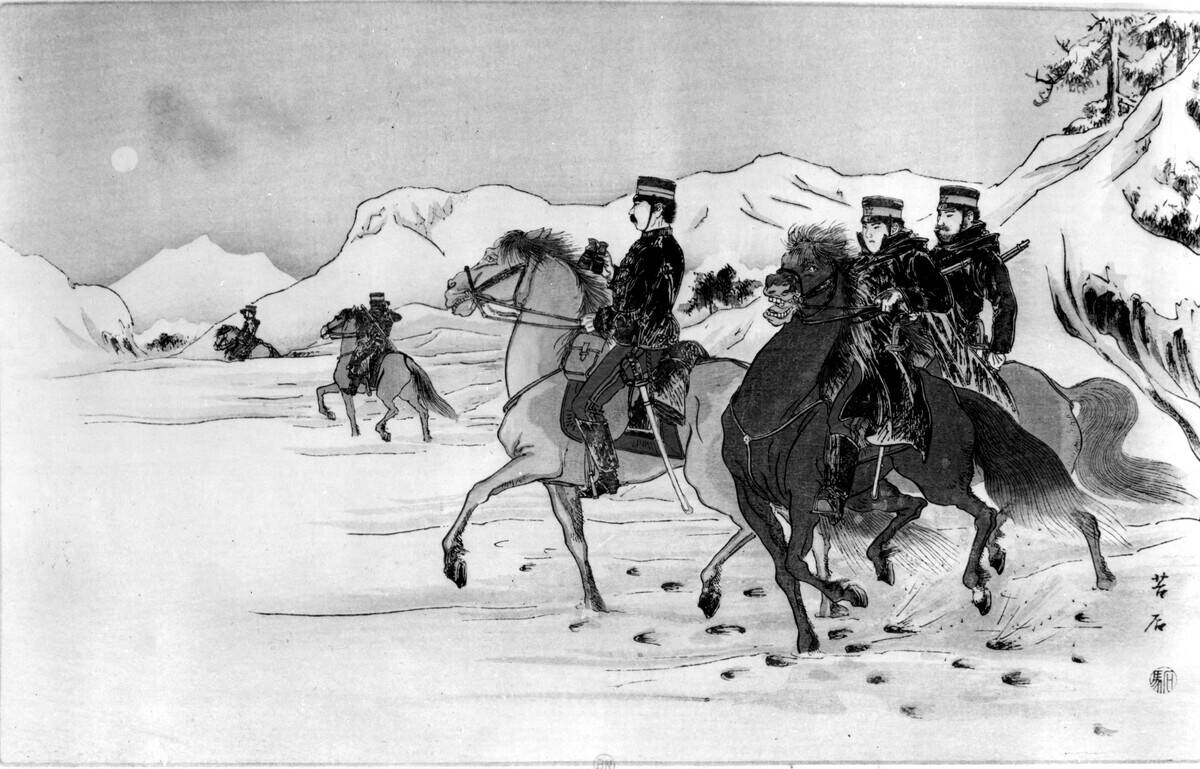
The Russo-Japanese War of 1904-1905 was a conflict between Russia and Japan over imperial ambitions in Manchuria and Korea. The war was marked by significant battles, such as the Siege of Port Arthur and the Battle of Tsushima. Japan’s victory established it as a formidable military power and shifted the balance of power in Asia. This conflict is often seen as a precursor to larger geopolitical changes in the 20th century, including the rise of Japan and the eventual Russian Revolution.



